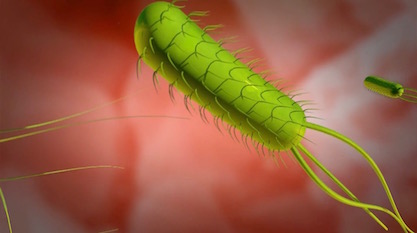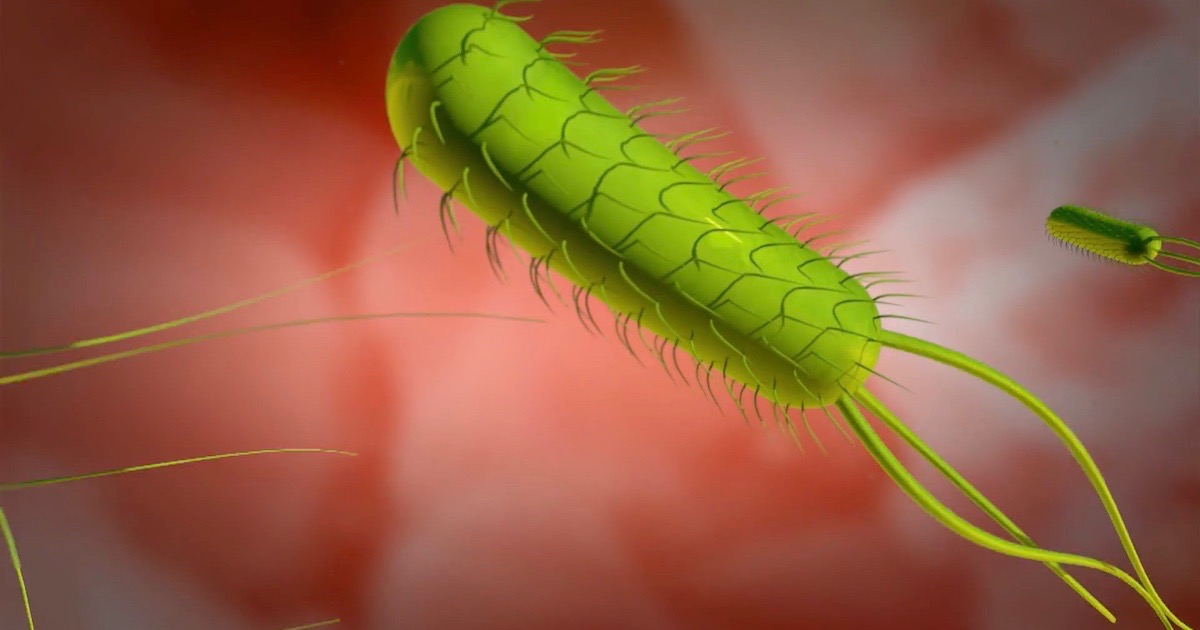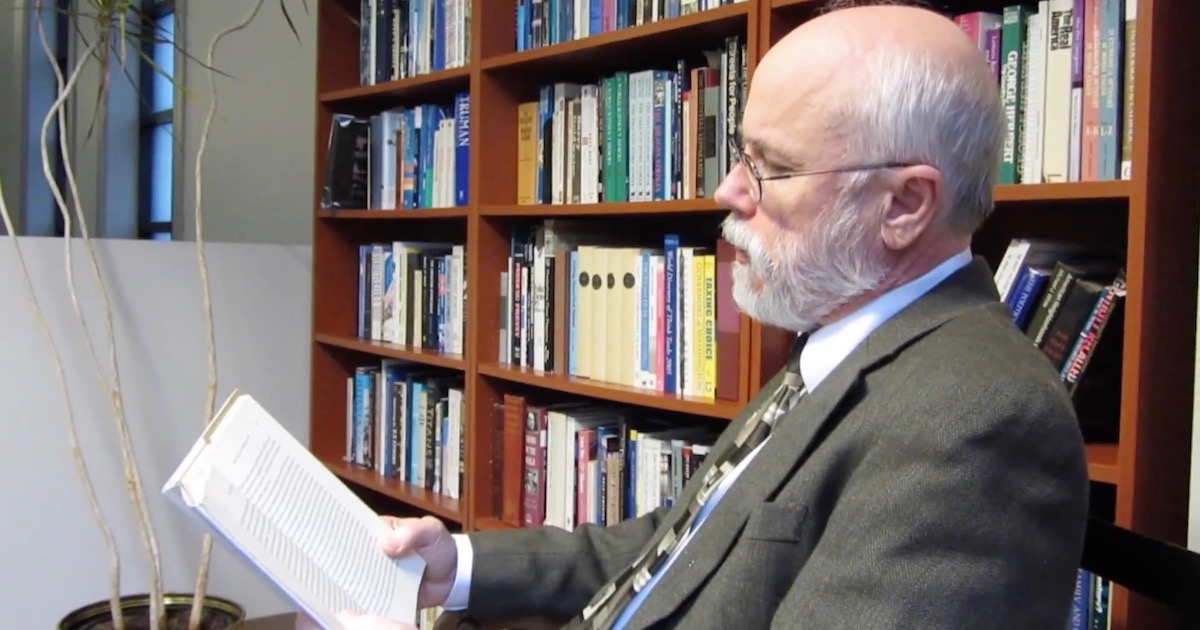 Evolution
Evolution
 Intelligent Design
Intelligent Design
Celebrating Michael Behe’s Intelligent Design Revolution, Documentary Is Now Free Online!


As we know, random changes and undirected natural processes routinely succeed in assembling functional equipment for a range of uses. Do you need, say, a new outboard motor? Just dump some of the necessary components in a field or something, give it a little time, and presto. Hook this baby up to your favorite recreational watercraft, and away you go!
Wait…it doesn’t work that way? Why didn’t you tell us sooner? We were all set to go fishing this weekend.

If that’s the case, then why do we think random processes can produce the high-tech nano machines we find in even the simplest plant and animal cells?
Twenty years ago, biochemist Michael Behe sparked a revolution with his book, Darwin’s Black Box: The Biochemical Challenge to Evolution, which went on to sell 300,000 copies. Today, a growing number of scientists embrace some or all of intelligent design theory, while many of the rest feel the sting of Behe’s challenge and wish they could answer him.
Now, learn the story of the beginning of the intelligent design movement and the ongoing debate between Darwin’s theory and design in the documentary Revolutionary: Michael Behe and the Mystery of Molecular Machines – available for free online! Find it at revolutionarybehe.com.
The questions Behe raised about the sufficiency of neo-Darwinian processes in explaining the intricacies of the cell, and all the rest of life at a variety of levels from microscopic to macroscopic, are being taken up at the highest levels of science. Often, as we’ve noted here before, scientists reporting in research journals seek to answer Behe without naming him, much as they do with Stephen Meyer.
“The biology inside the box is really complex,” explains Dr. Meyer, philosopher of science and author of the New York Times bestseller, Darwin’s Doubt. “And it’s integrated and functional complexity that requires some kind of an explanation. Just by highlighting that Mike reframed the debate in a way that has changed the way people think about biology in the 21st century.”

Watch Revolutionary, written and directed by John West, to see how this Lehigh University professor examined the cell and first began questioning whether Darwinian evolution could account for molecular machines. Could these tiny integrated systems be built through gradual random changes? Behe thought not and reasoned that they were “irreducibly complex.” Learn about how, influenced by Behe, paleontologist Günter Bechly, microbiologist Scott Minnich, and protein chemist Douglas Axe came to the same conclusion.
Revolutionary also sets straight the story of the Kitzmiller v. Dover trial. Although opponents sought to silence Behe in court and deflect the power of his ideas, recent scientific discoveries have confirmed and extended the concept of irreducible complexity.
The Revolutionary Behe website features more information about Dr. Behe’s research, other molecular machines, and evidence for intelligent design, and the stories of revolutionary scientists changing the evolutionary paradigm. See the documentary now and pass it along!
